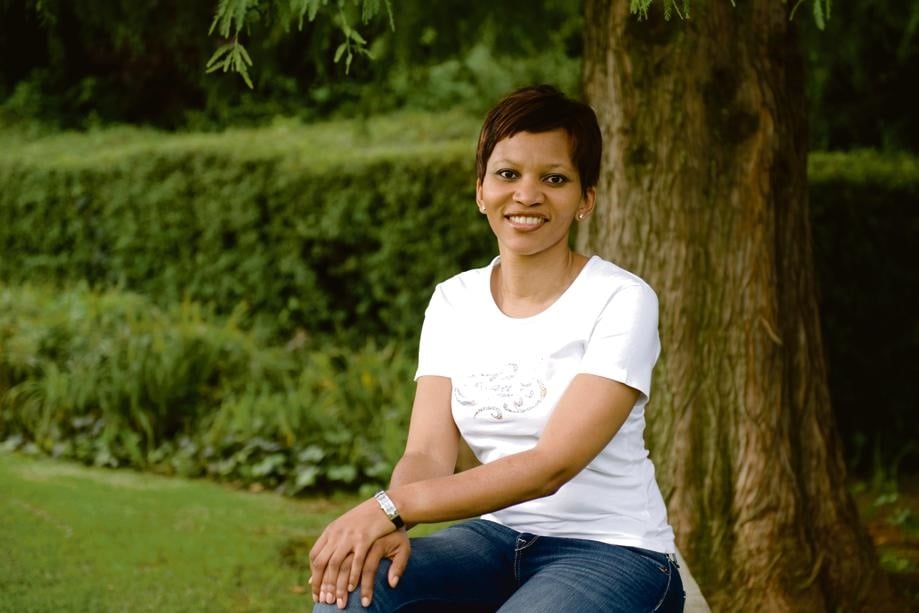
Last week I participated in a Twitter game on how many countries we had travelled to.
My number was 23 until I realised that I had forgotten Argentina, Uruguay and Zimbabwe.
Forgetting things like this is also known as #NiceLifeProblems on social media.
The response to my post by other tweeps (Twitter citizens) led me to reflect on how fortunate I am to have been exposed to so much travelling, and the term “nice life problems” led to me seriously relooking at life beyond my doorstep.
Did you know that, in 2017, 6.8 million South Africans experienced hunger?
That is a question asked in the beginning of Stats SA’s report titled The Extent of Food Security in South Africa, which was released last month.
My personal answer was no. This is based on me being aware of the huge poverty problem in our society, but never really contemplating the hunger levels this issue causes.
I can’t imagine not having a place to stay or the prospect of going hungry. According to the report, we are food secure at national level, but are food insecure at household level.
Almost 20% of us have inadequate or severe inadequate access to food.
With an estimated population of 58 million and a median age of 26, this makes South Africa a youthful country, even though I think we take it too far by making our definition of “youth” as those who are 16 to 35.
Anyone older than 29 is a grown man or woman, but that is an argument for another day.
When the country was liberated from apartheid, oppression and colonisation, 26-year-olds were a year old.
This Youth Day was exactly 43 years since the Soweto uprisings. The enemy of the day was apartheid and a whole lot of other evils, many of which still exist.
Our enemies are many, including the triple challenges of inequality, poverty and unemployment, which lead to devastating social ills, including crime, mental issues, exploitation, inhumane living conditions and much more.
Many of us sail through life oblivious to the misery around us unless it directly affects us.
What we don’t always realise is that the consequences of these ills affect all of us, whether we like it or not.
As a democratic nation in crisis mode, we have been scrambling to find solutions to alleviate the misery for 25 years, but it only goes from bad to worse.
Government has run programmes geared towards addressing unemployment, particularly among young people.
Many of those programmes have had minimal success because the problem is just too big.
The statistics are disheartening when you consider that 6.2 million people languish at home and on the streets with few prospects of making a meaningful economic contribution to society.
I long for our youngsters to reach the promised land of a just and equal society that our foremothers and fathers dreamt of in the Freedom Charter of 1955.
Today, South Africa is the most unequal country in the world.
A lot more work must be done to achieve the ideals of those who fought tirelessly and continue to “strive together, sparing neither strength nor courage, until the democratic changes here set out have been won”, as the charter declares.
In its demands, the charter further says that “there shall be work and security”.
In that specific clause, it proposes that the state shall recognise the right and duty of all to work, and to draw full unemployment benefits.
I think government recognises the right and duty, but unemployment benefits remain a myth in a country that now has an unemployment rate of 27.6%.
The chances of fully solving the unemployment problem are dismal at best and impossible at worst, yet all political parties consistently mock desperate people with empty promises when seeking their votes.
Few enlighten us with practical elucidations on how these jobs will be created, save for making populist statements that tug at the heartstrings but yield few results.
Much has been said over the years, but I saw light at the end of the tunnel when, in 2015, then minister in the presidency Jeff Radebe signed the National Youth Policy 2020, which had a set of goals and commitments by government to advance youth development.
I didn’t see the light because the policy was saying something new, but because the problem seemed to be given a higher priority than it had in the past.
It suggested that reducing the high levels of youth unemployment required the economy to be on a labour-absorbing growth path.
This, it said, depended on a successful reorientation of the economy to raise labour demand, with matching improvements on the supply side.
Reindustrialisation and economic diversification are also necessary to boost job creation.
What gives me renewed hope is the launch last year by President Cyril Ramaphosa of the Youth Employment Service, which is targeting 1 million new 12-month job opportunities.
Through it, companies are expected to create paid positions for young people.
Youth Employment Service chief executive Tashmia Ismail says their focus is to bring in more corporate partners to get involved with the initiative.
Although 1 million is a modest number compared with the more than 6 million jobs required, we must collectively continue to find other solutions, and all South Africans must take responsibility for the problem.
This shouldn’t continue to be reduced to a political football with one party trying to outshout the other on who hasn’t done what. We must all just do.
Sexwale plays on Twitter and is a communications strategist




 Publications
Publications
 Partners
Partners








